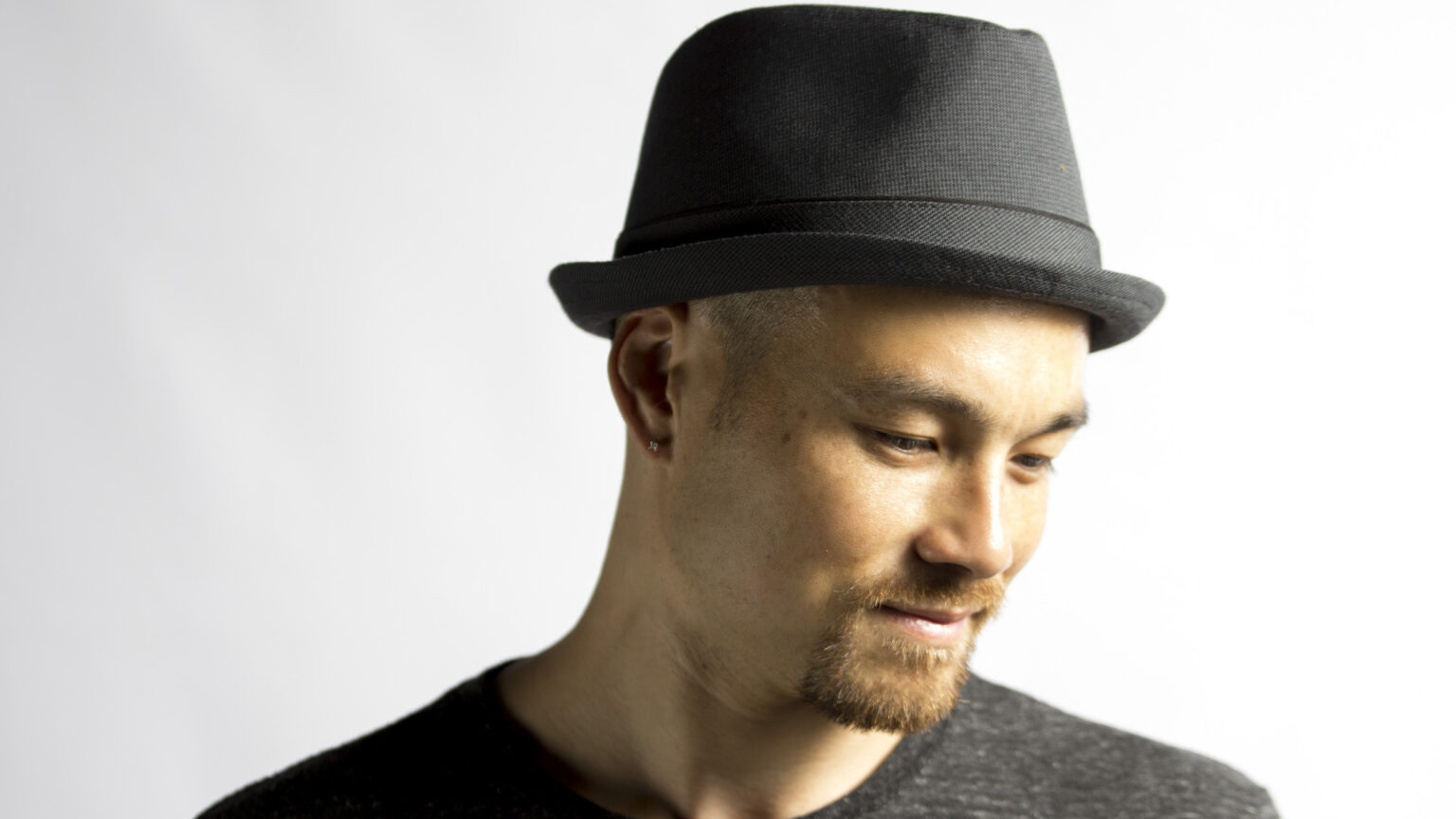Whether you’re an upstart or a jock considering a change, there’s plenty to consider, just take it from the nXt@DJX coach, DJ HAPA.
As you know, there are many different types of gigs that a DJ can take on. And for many of you who are upstarts or someone considering a change of career direction, there are several important aspects to consider.
So, I felt like it would be helpful to break down some of the most popular categories of DJs to help you identify where you may want to focus your efforts. Within each of these categories, there are challenges, barriers, and opportunities to learn and grow… and my suggestion to you is that you explore these different types of gigs and potentially broaden your horizons.
Before I break down the categories, I’d first like to reiterate that there are more similarities than differences between them and that, no matter which path you decide to take or focus in on, you will need to address the following:
- Building A Brand. Your brand should be unique to you and, without getting too far deep into a branding class, just keep in mind that your brand is more than a typeface, logo, or color. Your brand is literally an extension of you and should distinctively represent and separate you from others in the market.
- Networking & Building Relationships. You may have heard that “your network is your net worth,” and I am here to tell you that is true! I can trace back almost every single opportunity in my career to an important person that I met, who then introduced me to another, important person. People want to work with other people, and particularly people that they feel like they get along with and share values with. Take it for what it’s worth, but the most-booked DJs aren’t necessarily the most-talented DJs. By the way, this isn’t true of just the DJ industry.
- Be Professional. It does matter if you show up on time and if you are a good communicator. Whether you are a club, mobile, festival or radio DJ, your professionalism should translate. Be someone who has integrity and honor – and let that show in your work. I also think it’s important to treat every person with respect and every gig like it’s the most important one, whether you’re playing for a room of four or 40,000.
- Be Open To Pivot. If COVID-19 taught us anything, it’s that anything could happen, including an industry-wide shutdown for months on end. While you might have your heart set on being on that festival stage at Tomorrowland, saying yes to the bar mitzvah on Saturday could potentially help you get to that stage. How? The skills you learn at the bar mitzvah and the people you meet may be what opens the door to get you connected to, say, a producer-collaborator that leads to an unofficial remix that leads to a small festival that leads to a booking agency that leads to – you guessed it – a major event like Tomorrowland. None of us know exactly how it will all work out!
Now, to get back to our main topic, let me break down the four common categories of DJs:
- Club DJ. To be the man or woman in charge of setting the dancefloor off at the hottest club in your city is something that a lot of DJs covet. The over-the-shoulder photo of good-looking people losing their minds with their hands raised in unison as the CO2 fills the colorful room is the gold standard of press photos for a DJ. To approach club-DJ life, there are a few things to consider outside of the initial skills I mentioned at the beginning of this article.
- You have to be in the local scene. You will have much more success landing a club gig if you are actually a patron and a part of the club scene that you desire to be DJing for.
- Start building a guest list. Clubs make money from ticket and liquor sales. You will be more likely to land a club gig if you can invite out more people than the next DJ.
- Learn the club-standard equipment. You can’t bring your entry-level controller into the club. Play off the Pioneer DJ gear – CDJ-3000s and DJM-A9 mixer, say – that the club has invested in. How do you learn that gear? Rent it for 24 hours from a rental house or find a rehearsal room near you. Another option is to get a VR headset and download TRIBE XR, which will give you full access to a fully functioning CDJ-3000 kit where you can get acclimated. You’ll also meet my avatar there and he can help walk you through a crash course.
- Mobile/Wedding DJ. As a whole, the average mobile and wedding DJ gets paid more than the average bar and club DJ. There can be a lot of things to consider to earn that extra cash.
- You need to have your own gear, including speakers, microphones, and possibly lights.
- You need to be able to sell yourself and your company and make it a point to operate with a high level of professionalism.
- Radio DJ. There are more opportunities today for online and satellite radio stations than there used to be and this could be a good way to broaden your audience and your overall brand.
- Producer/Artist. There is something incredible about being able to create your own music and share it with the world; however, there are some additional challenges that you should be aware of.
- You need to be able to understand various aspects of the music industry, including publishing, distribution, marketing, and monetization on top of understanding performance.
- You will likely invest a lot of time and money into your craft to build songs that you believe are worthy enough to share with others and the world.
I think it’s important to consider these different types of gigs as an “and,” not an “or.” Throughout my career, I have been blessed to have spent a lot of time in each of these categories, and many times simultaneously. Primarily, I was a club DJ in the early 2000s, but was open to getting on the mic – and that led to stints on TV, radio, and even film. I would get the occasional ask to do a wedding or private event, and then I started to produce remixes and original tracks under the name Phil N Good. The combination of all of these different gigs and the skills that I’ve acquired from each of them have brought joy and fulfillment to being a DJ – and I hope it does for you, too. Follow your muse!
Article by DJ HAPA. Dubbed “The DJ Coach,” HAPA has found a way to blend his 20-plus years of experience as a DJ with his passion for teaching, to deliver informative and digestible concepts in the classroom. He’s also shared stages with artists like Michael Jackson, Bruno Mars and Drake, and spun for clients that include Microsoft, ESPN, and The Grammys.


